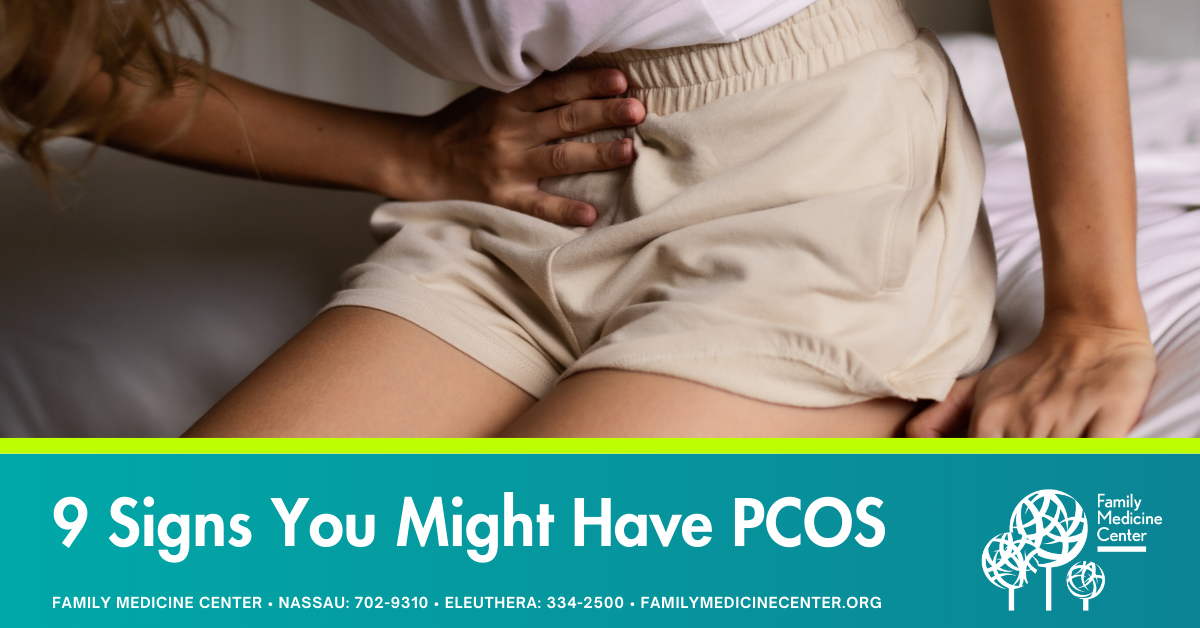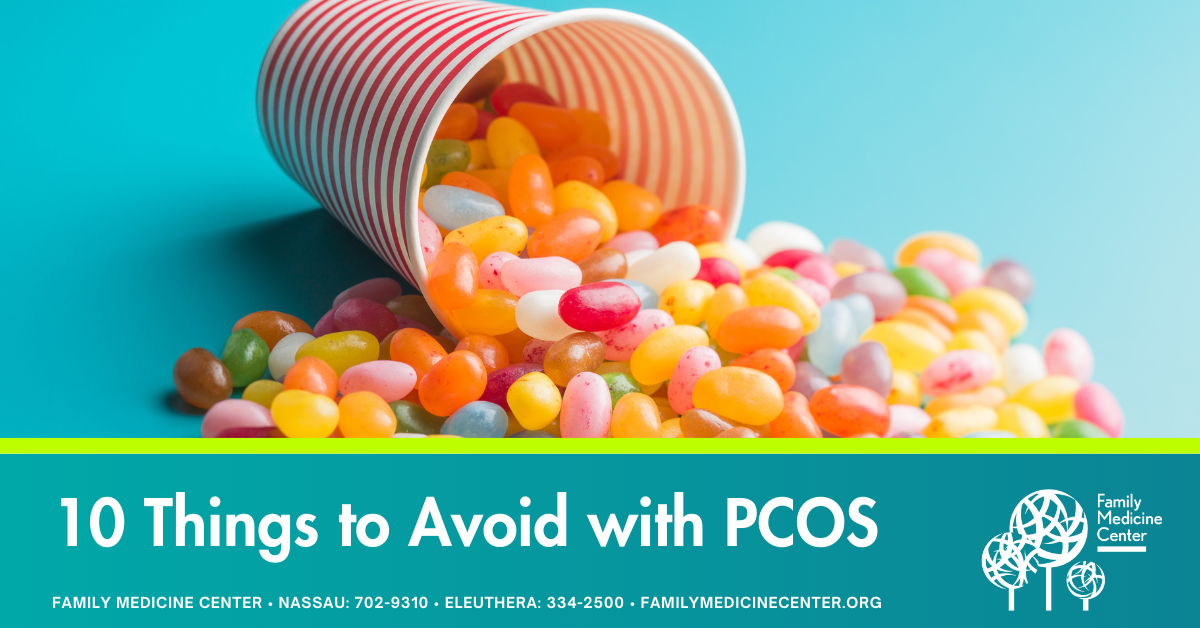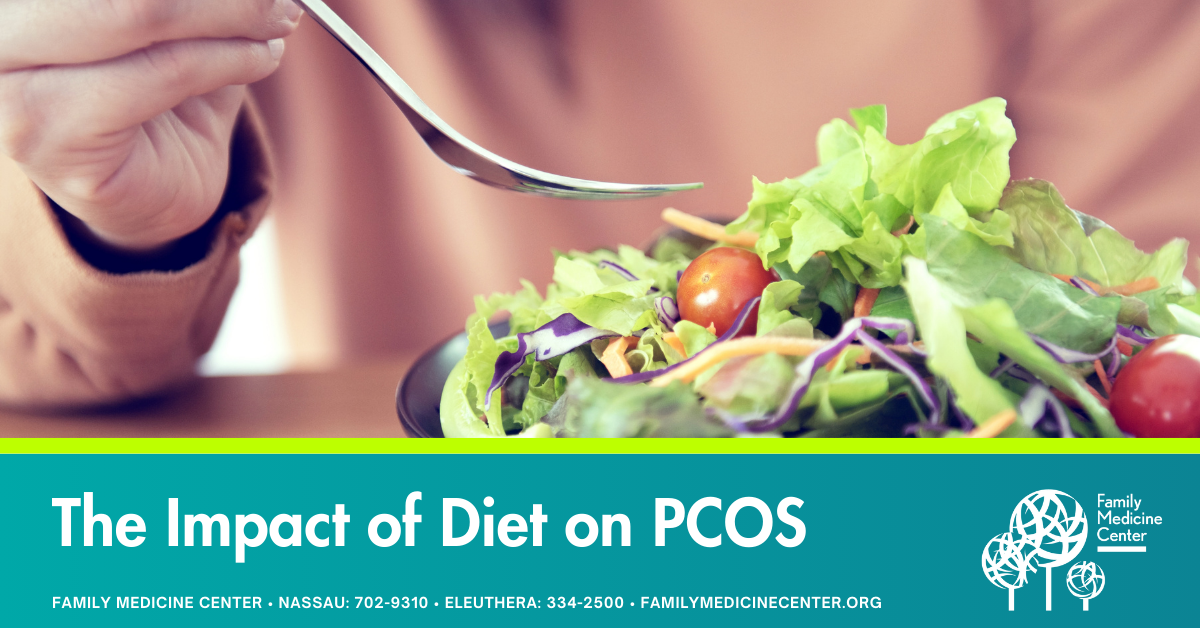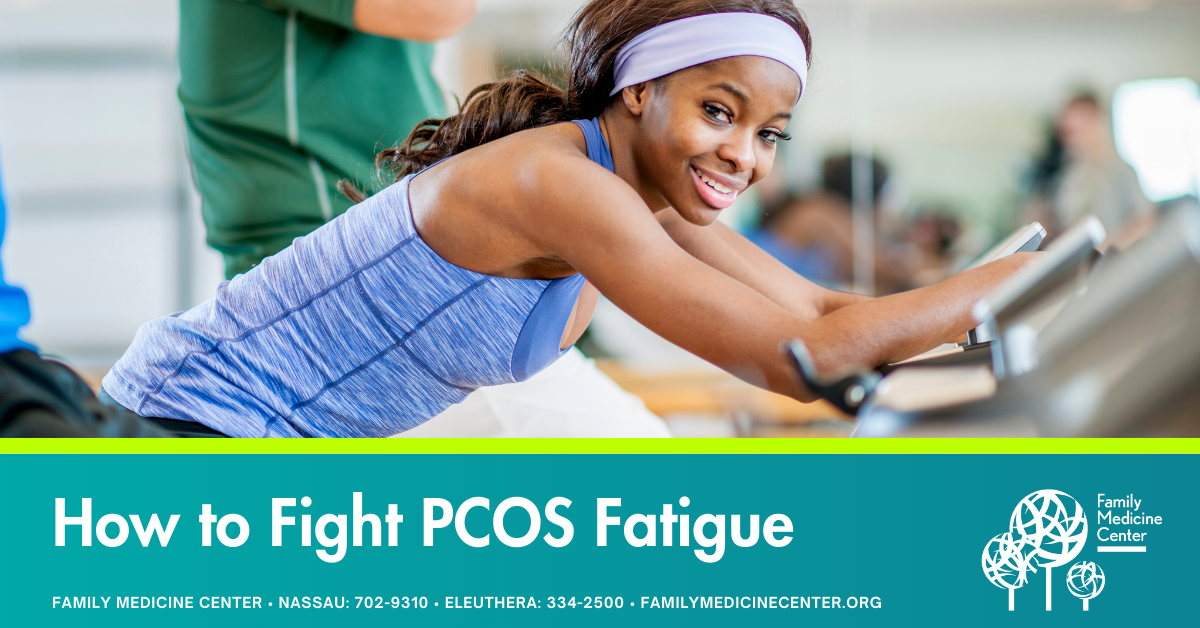
Polycystic ovary syndrome (PCOS) is a common condition that affects a woman’s hormones. It causes irregular menstrual periods, excess hair growth, acne, and infertility. Watch the ZOOM presentation featuring Dr. Nina Graham, Obstetrician and Gynaecologist.
(Live Zoom presentation recorded Thursday September 28, 2023)
PRESENTATION
SUPPORT GROUP
If you have PCOS, you may be interested in the Facebook group: PCOS Transformed. The group was launched by Dr. Gaham to raise awareness of polycystic ovarian syndrome (PCOS), provide support to others living with PCOS and to offer healthy tips in managing PCOS.
About Dr. Nina Graham
Dr. Nina Graham specializes in Obstetrics and Gynecology. She is passionate about women’s health and well-being and is dedicated to providing quality, comprehensive women’s health care services. When asked “What distinguishes your practice from others, Dr. Graham answered, “Our personal touch, personalized individual care, accessibility, and our well-qualified and caring staff.”
What is PCOS?
PCOS is one of the most common causes of female infertility, affecting 6% to 12% (as many as 5 million) of US women of reproductive age. But it’s a lot more than that. This lifelong health condition continues far beyond the child-bearing years.
Women with PCOS are often insulin resistant; their bodies can make insulin but can’t use it effectively, increasing their risk for type 2 diabetes. They also have higher levels of androgens (male hormones that females also have), which can stop eggs from being released (ovulation) and cause irregular periods, acne, thinning scalp hair, and excess hair growth on the face and body.
Women with PCOS can develop serious health problems, especially if they are overweight:
• Diabetes—more than half of women with PCOS develop type 2 diabetes by age 40
• Gestational diabetes (diabetes when pregnant)—which puts the pregnancy and baby at risk and can lead to type 2 diabetes later in life for both mother and child
• Heart disease—women with PCOS are at higher risk, and risk increases with age
• High blood pressure—which can damage the heart, brain, and kidneys
• High LDL (“bad”) cholesterol and low HDL (“good”) cholesterol—increasing the risk for heart disease
• Sleep apnea—a disorder that causes breathing to stop during sleep and raises the risk for heart disease and type 2 diabetes
• Stroke—plaque (cholesterol and white blood cells) clogging blood vessels can lead to blood clots that in turn can cause a stroke
[Source: CDC]





